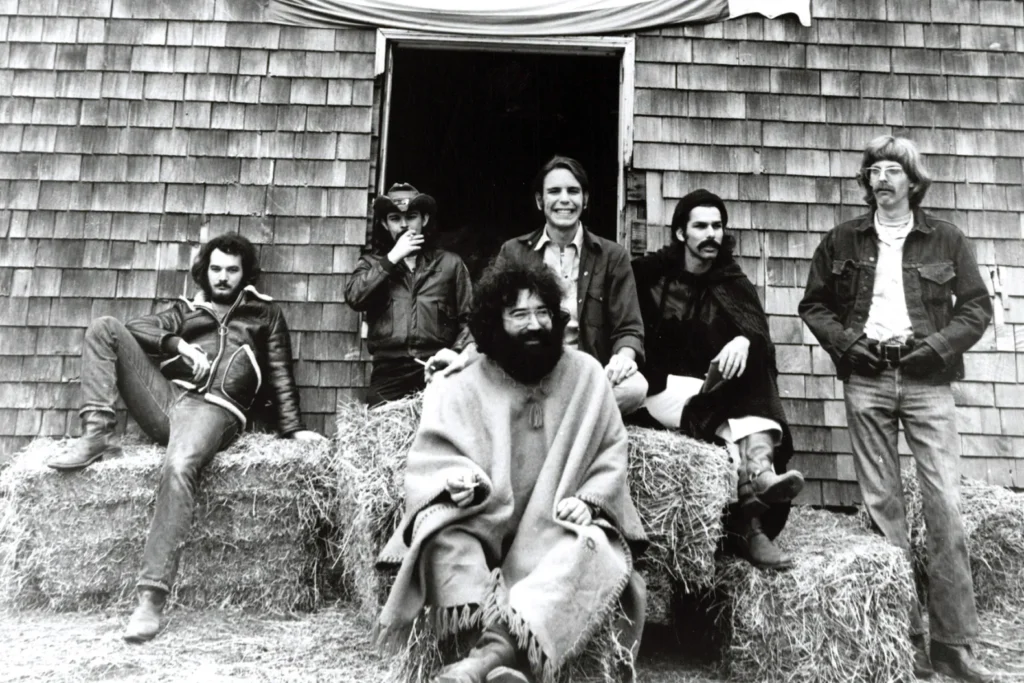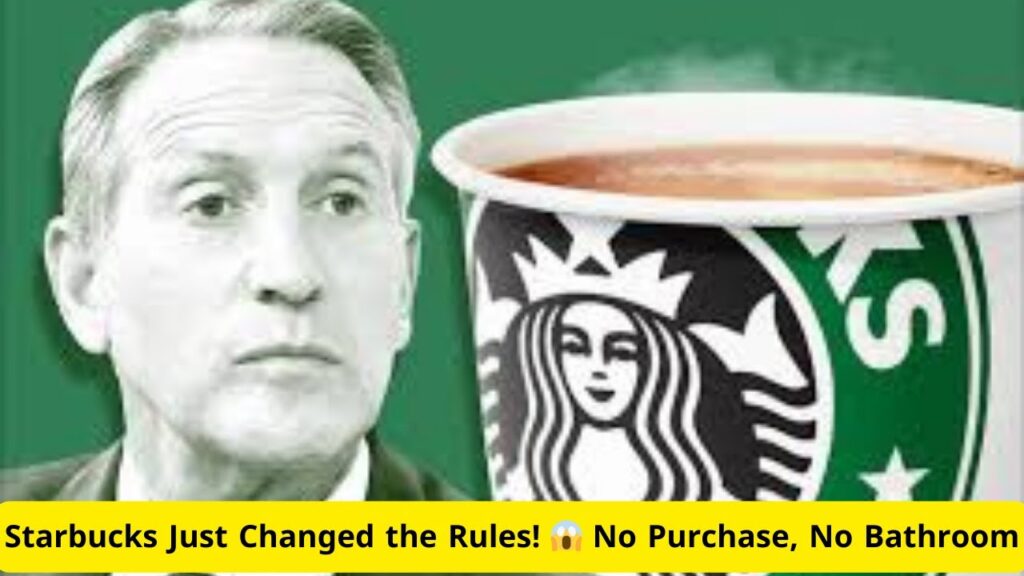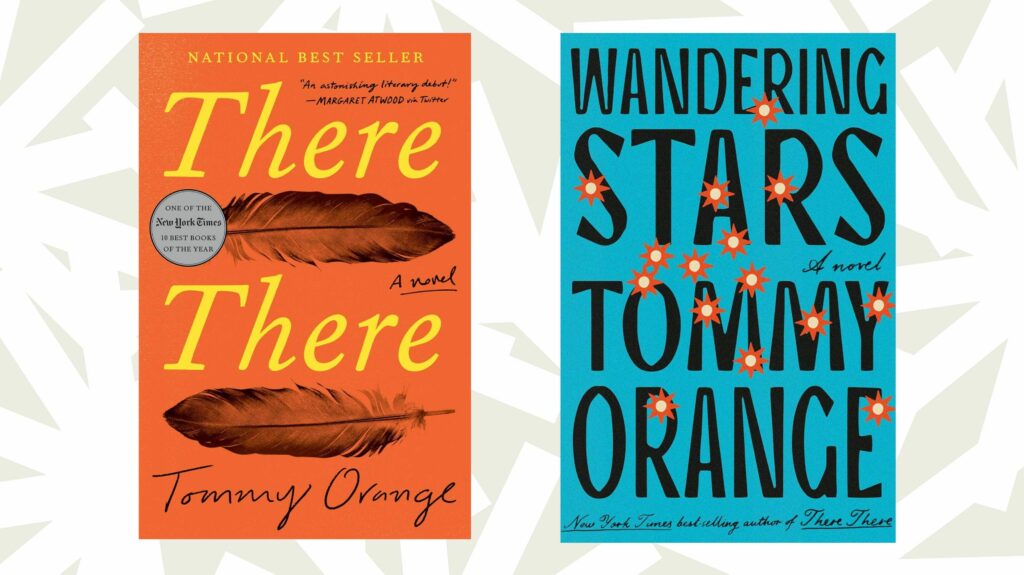But Could They Become the Paragon for the Enlightened Enterprise?
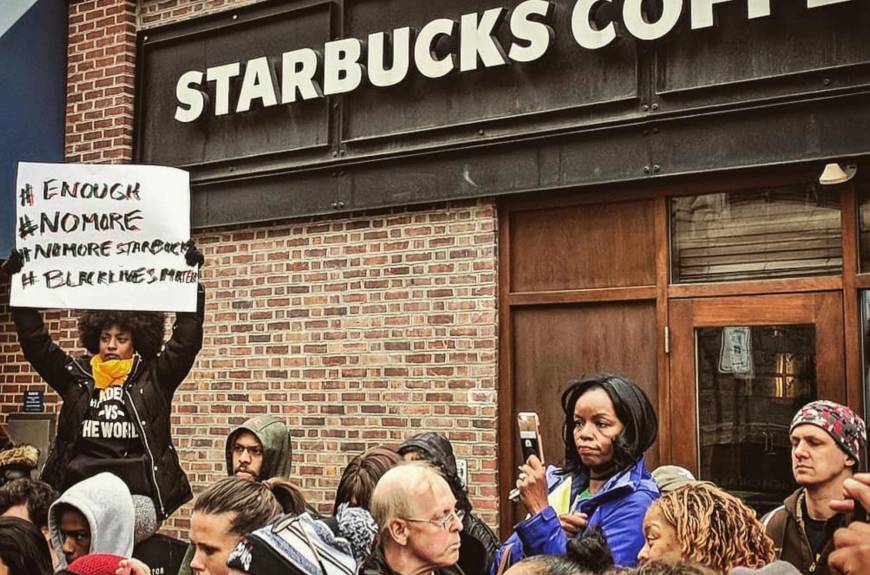 There are, sadly, incidents like this every day. This one was caught on video and went viral.
There are, sadly, incidents like this every day. This one was caught on video and went viral.
Two black men walked into a Philadelphia Starbucks in the tony Rittenhouse neighborhood, asked to use the restroom, then sat at a table waiting for a friend before ordering anything. For the crime of being black, they are asked to leave. When they objected, the police were called and they were arrested.
Starbucks, the company that launched an initiative three years ago to spark conversation about race relations by having baristas write “Race Together” on coffee cups, responded two days later in dramatic fashion. On May 29th, the coffee company will close its more than 8,000 stores in the United States for the entire day to conduct anti-bias training for its 175,000 employees.
As a middle-aged white man, I was impressed. The company was putting its money where its mouth is. By my estimate, based on their 2017 Fiscal Year revenues, this will likely cost them over $40 million.
Earlier this week, I was moved by Don Lemon’s dramatic interview of Starbucks CEO Kevin Johnson. The man looked like hell and was highly emotional. When Lemon took notice of his physical appearance and state-of-mind, Johnson choked up. He described three hellish days with little or no sleep, working around the clock to right this wrong. Not only did Starbucks accept full responsibility, he personally accepted full responsibility and vowed to make much needed changes.
Lemon pressed, asking Johnson how a single day of education could truly change attitudes and behaviors. Was it just a one-day stunt? No, Johnson insisted. This is only the first step of a journey.
I have always believed Starbucks to be authentically committed to social and economic justice. Johnson confirmed this for me, painfully acknowledging that the arrest of these men was especially egregious in the context of their brand ideals and values. “Our mission is around the human experience and creating a warm welcoming environment for everyone.”
There should be little doubt that Johnson is clearly upset, contrite, and ready to “do the right thing.” I will not be boycotting Starbucks. Closing for a day is more than lip service, and taking Johnson at his word, I hope this is indeed just the beginning of a journey with larger reverberations. More on that in a bit.
Still, despite Johnson’s raw emotions and his promises of atonement, his confession that “this has been a learning experience” was deeply disturbing.
My feeling was brought into focus after a commercial break when Lemon welcomed to the show W. Kamau Bell, comedian, activist, TV and radio personality, and host of CNN’s United Shades of America. The two did not make light of Johnson’s remarks or his intentions. They did point out his naïveté.
A “learning experience?”
Bell described his own experience of being asked to leave a Berkeley, CA coffee shop (not a Starbucks) three years ago for “harassing” a white woman and her child. Actually, he had just walked in and sat down with his wife, who happens to be white, and his child. That a black man would sit down with a white woman reflexively registered as harassment for some wannabe hero working in the shop, who immediately swooped in to the rescue. Bell’s wife set them straight, but why should she have to in the first place? And this was Berkeley not Biloxi, a town where Bernie Sanders is considered a center-right politician.
This happens all over the country, every day. But old white guys like Johnson don’t think about it much, if at all. He likely acknowledges and condemns the existence of racist attitudes and practices. But since he doesn’t live it, he doesn’t feel it on a daily basis.
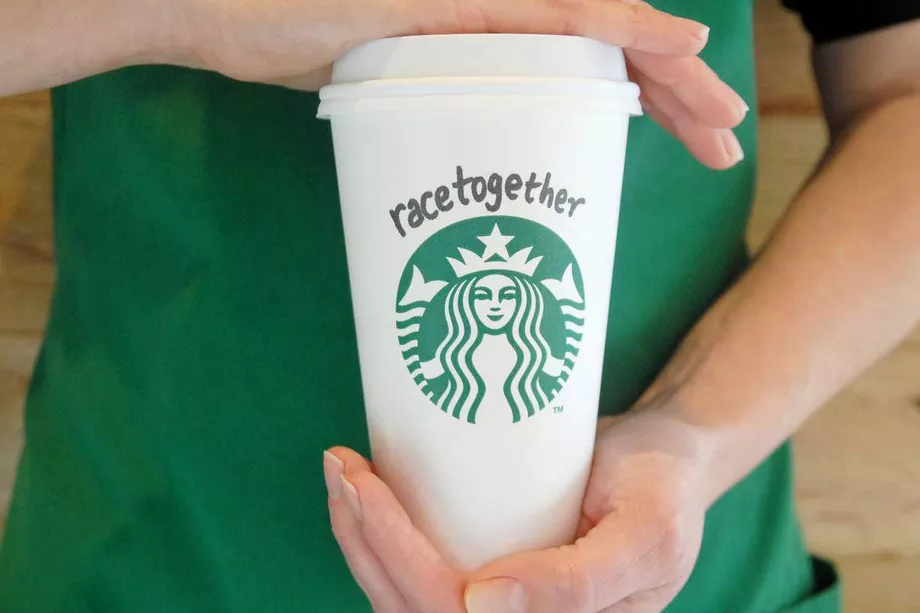
I believe racism is the primary cause of injustice and division in our society. It is the only explanation for continued support of Donald Trump. But like Johnson, it was still shocking for me to see these two men handcuffed and led out of that Philadelphia Starbucks. And that’s a problem. As articulated by Don Lemon and Kamau Bell, it’s just another day.
Empathy is my marketing mantra. If we try to impose our values and tastes on our customers rather than seeing life from their perspective, understanding their aspirations and feeling their pain, we will fail.
Failing in marketing is one thing. Failing as individual human beings and as a society is another.
Last year I ran a political focus group with people across the left-right spectrum. There was a very nice, bright, articulate, young white man in the group. At the time, he was on active duty in the U.S. Army as well as attending college. He insisted that racism had been eradicated in our country, deeply convinced that black people had as much opportunity and privilege as everyone else. Chaos ensued in the group. The black people in the room – and most of the white ones as well – were outraged. The young man pushed back. “Don’t give me that! And don’t tell me that I should walk in a black man’s shoes for a day! I’m sick of hearing that! It’s irrelevant!”
I don’t think we would have found this guy marching at Charlottesville – one of the “very good people on both sides – but his is hardly an enlightened or even realistic perspective. How can “nice,” “seemingly good,” people think this way? And practically speaking, how far is he from Starbucks’ Kevin Johnson?
Again, I don’t believe at all that Johnson is racist. However, by his own admission, he and my ultra-conservative respondent are clearly in the need of the same lesson.
At least Johnson and Starbucks are open to learning this lesson, and better late than never as the saying goes. Other companies and brands should take notice. As I’ve written in the past, the total absence of political courage and leadership in our country, along with the erosion of our institutions, presents enormous opportunity for businesses and brands to step up. (Not that I believe that business should run the world or that this is a substitute for political leadership.) I need not remind you that younger consumers make brand choices based on the causes those brands embrace.
MAGA at your own risk. Those old right-wing farts watching Sean Hannity are literally dying off. Generations Y and Z are leading lives characterized by significantly higher degrees of tolerance and diversity. They don’t see race, gender, religion, gender orientation or sexual preference as their parents and grandparents did. Indeed, as a group, the younger generations are far less white. According to the Pew Center, “Millennials are more than 40% nonwhite, the highest share of any adult generation; by contrast, Silents (those born between the mid 1920’s and mid 1940’s) and older adults are 79% white.”
Last year I wrote about how the NFL was missing a huge opportunity to strengthen its brand in reaction to the Colin Kaepernick-inspired kneeling protests. The NFL remains popular, but it’s a brand in crisis. Brain health and other safety issues will continue to plague the sport. But imagine if the NFL had become a leading advocate for the rights of its players and all Americans. What if the league had endowed, not with millions or even tens of millions of dollars, but hundreds of millions of dollars, an NFL Foundation for Social Justice and Equality?
This is an opportunity for Starbucks to step up and take this kind of dramatic action, to model for the rest of American enterprise how great companies behave. Starbucks has already demonstrated innovation and leadership in so many ways over the years, including access to healthcare for employees and financial support for their education.
This is a chance to truly change the world.

